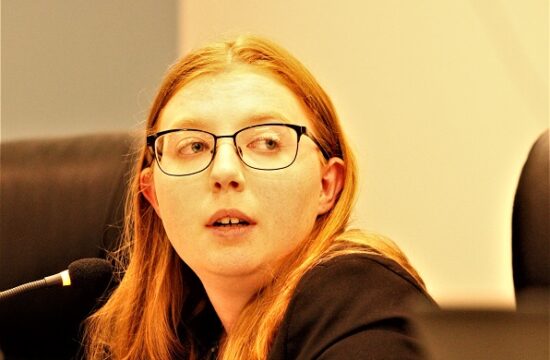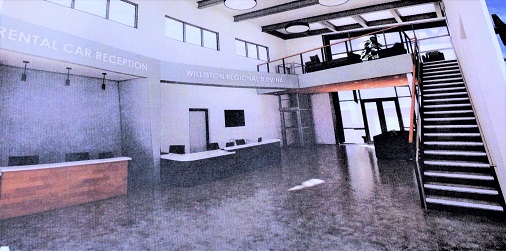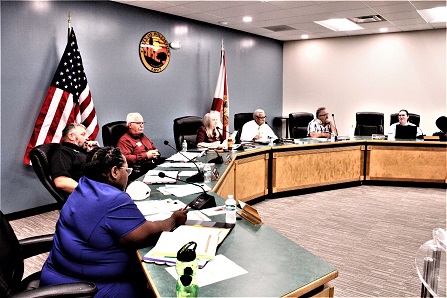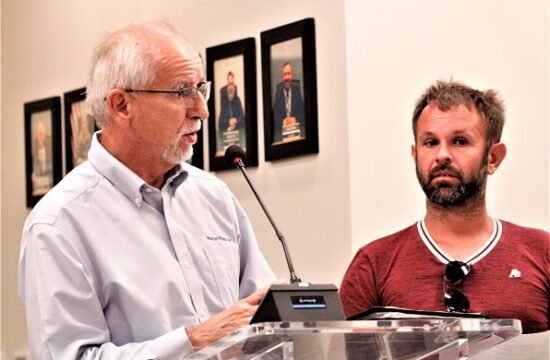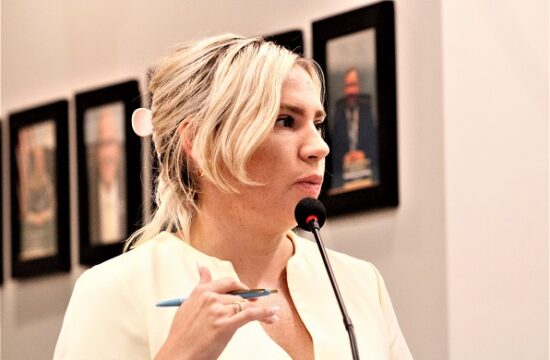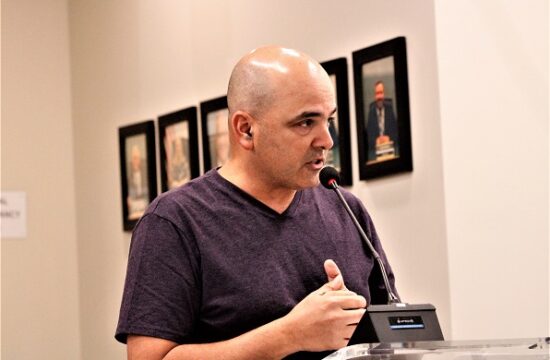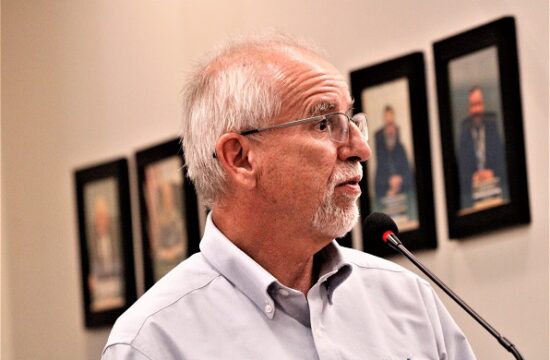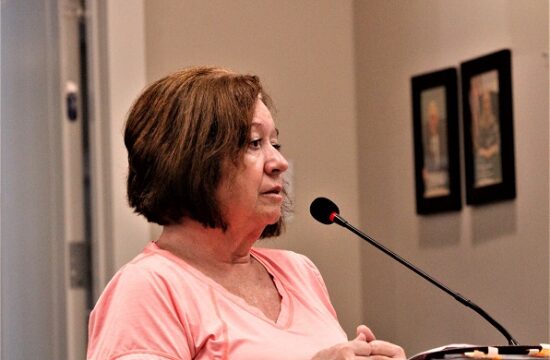By Terry Witt – Spotlight Senior Reporter
Williston City Council members made the agonizing decision Monday to approve the first reading of an ordinance that would raise electric rates by 8.9 percent at a time when electric bills were already soaring from the high cost of natural gas used to generate the power.
The decision to approve the first reading of the ordinance was so wrenching that Council President Debra Jones wasn’t able to get anyone from the council to make a motion for approval. She tried several times before passing the gavel to Vice President Marguerite Robinson and making the motion herself.
It took a period of silence before Councilman Zach Bullock seconded the motion. Councilman Michael Cox voted with Jones and Bullock to approve the first reading. Councilman Elihu Ross was absent due to illness. The second and final reading will occur at the next city council meeting in two weeks.
Robinson said she had promised several constituents she would vote against any rate hike and she stood by her promise to city residents. She voted against the rate hike.
Williston operates a city-owned electric utility that hasn’t seen a rate hike in 16 years but with the high cost of operating the facility staring the council in the face, and the possibility the council would have had to cut $300,000 from the city budget to make up the difference, the rate hike was given preliminary approval.
Residents complained of staggering increases in their electric bills.
The city is a member of the Florida Municipal Power Agency, which has 31 cooperative members including Williston. The wholesale power provider buys natural gas for its power plants, generates electricity, and sells the power to its members including Williston. Prices for natural gas have skyrocketed since early 2021 to record levels. The company says it can’t control the open market price of natural gas.
Stephanie Whitehurst, Williston mother of six children, said she couldn’t believe what she saw when she opened the utility bill and saw the size of her electric bill.
“I’m here because I don’t understand why my electric bill has gone up from $300 to almost $700,” she said. “How do you expect me to pay that? I mean not everybody is a single mom. I’m not even considered in the low-income area. I would like some clarification on why this is happening in this three-month period.”
Jones said the high cost of natural gas drove the increases in the power bills. The increase shows up on electric bills as a fuel adjustment charge.
“It’s a pass-through to us and it passes through to the customer,” she said.
She said she was told natural gas prices have gone from $3 a dekatherm to $9 a dekathem on the market.
“It has nothing to do with the city. We don’t keep the money for the fuel cost adjustment,” Jones said.
Jason Owenby, pastor of First Baptist Church, said his power bill shot up to $800 last month even with his thermostat set at 79 degrees.
“I don’t know what can be done. I’m not low income and Ms. Whitehurst isn’t low income, but I know when my electric bill doubled, I nearly had a stroke. With our church electric bill, when you are talking about a facility our size, you’re talking about thousands of dollars more,” Owenby said. “This is killing the residents of our town. You’re not just talking about not being able to go to the beach this weekend, for many it means not being able to pay other bills; they may not be able to buy the kids school clothes. I don’t know what the answer is. I’m looking at you all to fix it somehow.”
The increase in the fuel adjustment charge has nothing to do with a rate change, according to Donald Barber, utilities supervisor for the city.
“The rates haven’t changed in Williston since 2006. This is simply the cost in the world market of creating the power. It doesn’t matter what provider you’re with. That cost of generating the power has to be paid by the customer. No matter where you go you have to be paying for a fuel cost or fuel adjustment. Is there anything we can do about it? No. It’s a world market factor as things are happening in the world. There are supply and demand shortages for natural gas. That is what’s happening now. Last year your fuel adjustment was at a rate of .006. This month it was .038. We lost a whole zero in the equation. It’s simply is the cost of power at the plant to generate this power,” Barber said.
On a related matter, Central Florida Electric Cooperative, which serves portions of Levy, Gilchrist, and Dixie counties, but not Williston, has announced that it will be increasing the Wholesale Power Cost Adjustment from $5.50 to $23 for members beginning in the month of September due to rising natural gas prices. Members using 1,000-kilowatt hours of power will pay $149.50, a $17.50 increase from the previous 1000 kilowatt-hour of $132.
The cooperative buys its electricity from Seminole Electric.
“Seminole Electric relies on natural gas and other fuel sources to produce the electricity they provide to us and many other distribution co-ops across the State of Florida. Soaring natural gas prices have made electricity more expensive to produce, and therefore, more expensive for CFEC to purchase from Seminole,” a CFEC news release said.
“The Board of Trustees and management team at CFEC have done their best over the years to protect members from the volatility of fuel markets. Despite the steady rise in the price of natural gas in 2021, the Board of Trustees was able to maintain the WPCA as a credit on utility bills. The board insulated members from rising fuel costs for as long as possible before having to finally pass the increase in the cost on to members this year, making the WPCA an additional charge on the utility bill rather than a credit for the first time since 2011.
Natural gas prices have spiked to a 14-year high, according to the co-op.
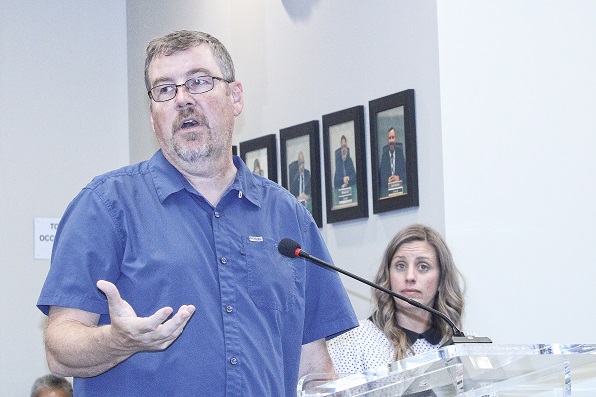
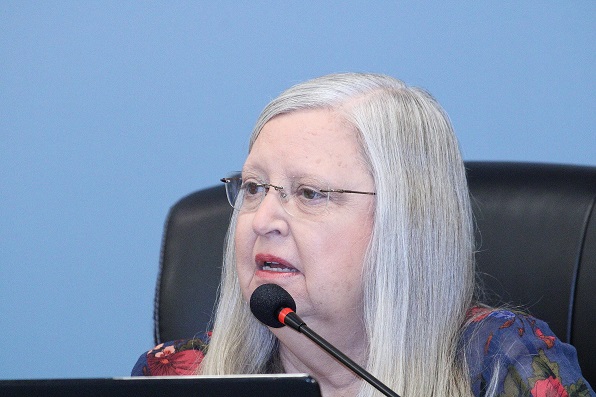
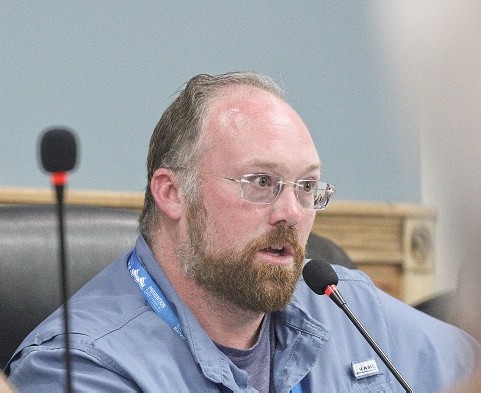
———————————-
City of Williston Regular Meeting September 6, 2022; Posted September 8, 2022




